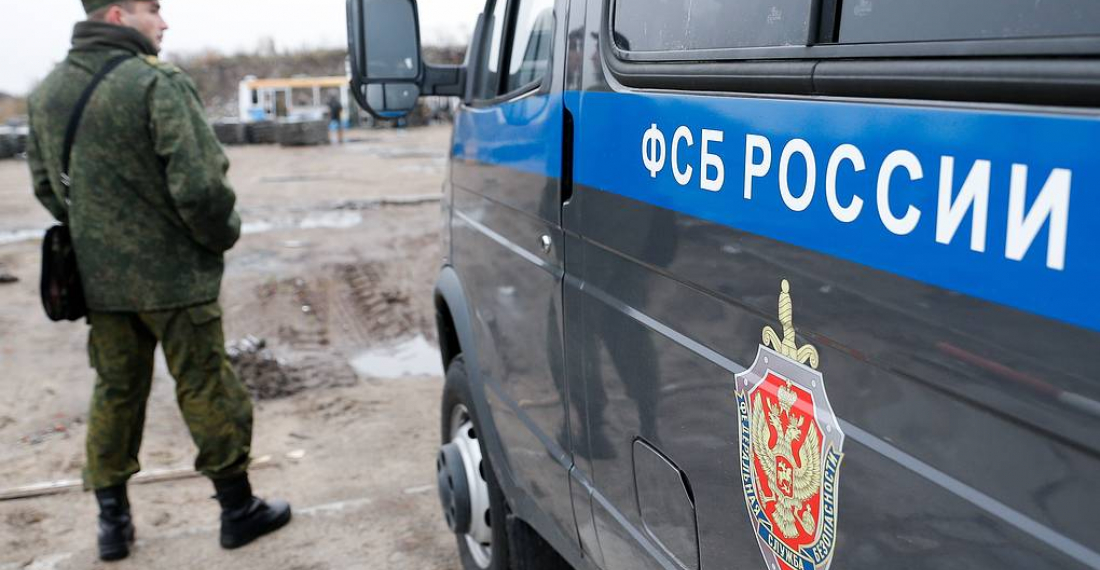Russia's Federal Security Service (FSB) has thwarted the activities in the Kemerovo and Novosibirsk regions of a cell of the Islamist group, Hizb ut-Tahrir, which is banned in Russia. TASS news agency reported on Friday citing the Public Relations Center (DSP) of the FSB of Russia, that:
"The Federal Security Service in the Kemerovo and Novosibirsk Regions, in co-operation with the Federal Service of the National Guard Troops, has suppressed the activities of a cell of the international terrorist organization Hizb ut-Tahrir al-Islami".
According to the intelligence service, the members of the cell advocated the creation of the so-called world caliphate, the destruction of the institutions of secular society and the violent overthrow of the current government. "With the use of conspiracy measures during the meetings, they spread terrorist ideology among the residents of the region, recruited local Muslims into their ranks," the FSB said.
During searches in the apartments of the detainees, the special services found propaganda materials, mobile phones and electronic storage media banned in Russia. "Investigative departments of the security agencies have opened criminal cases," the FSB said.






